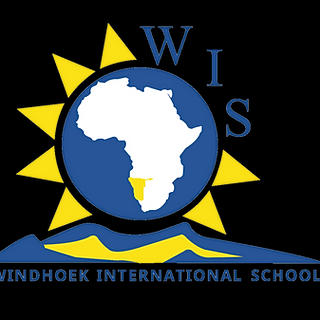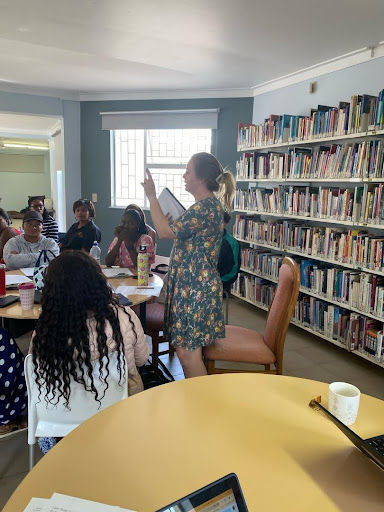Textbooks or no textbooks - that is the question.
- Windhoek International School
- Sep 15, 2023
- 3 min read

Whether to issue and use a textbook is an ongoing discussion amongst our faculty as well as with students and parents. Is there a need for textbooks in the different classes? With knowledge areas and approaches to teaching and learning constantly being updated and with the variety of resources available these days, this is a pertinent question that does not have a clear straightforward answer. There are many arguments for and against the use of textbooks in classes. In our conversations, however, we agree that it is outdated to use one textbook only.
The teaching and learning approach at WIS necessitates the use of various resources to inquire, investigate, research and learn. This means that one single textbook will not have all the guidance and information needed for deep and independent learning. Our aim at WIS is to help students become self-directed and independent learners who can take initiative for their own learning. The Definition of Learning at WIS guides our approaches to learning: “Learning at WIS is a journey of inquiring, discovering, and experimenting while developing understanding and acquiring new knowledge, skills and concepts. In the process, the learner constructs meaning by making connections and applying these in daily life situations. The learner realises individual potential through continued reflection and exploration. The learning environment is multi-sensory, collaborative, and enjoyable and encourages international-mindedness.”
In order for this to be possible, learners cannot rely on a single textbook for their studies. Furthermore, learners need to proactively source resources for their learning and not be dependent only on what is handed to them. This approach is quite different to the way many of us used to learn and how many children are still taught today.
For WIS learning, it is important that we use textbooks as ONE source of information. Teachers and departments discuss the availability of various resources and then decide on different available resources to ensure that students have all the necessary sources of information needed for that particular subject in the particular grade.
There are arguments for the use of textbooks, however. Students write formal examinations that require them to be confident and conversant with a large amount of information, skills and knowledge. So using text is something helpful and meaningful in that regard. For that reason, students have the opportunity to have textbooks in certain subjects and classes. It should, however, never be the only resource used. Textbooks should never be replaced by random digital resources that are not vetted or meaningful.
I recommend the following article from Edutopia, a well-renowned educational magazine: Should Textbooks Still Play a Role in Schools? This article gives a very different view on the use of textbooks. And that is partly how WIS engages in the purchase of textbooks - only if they are well connected to our units and the specific content we are teaching, will they aid teaching and learning. If that is not the case, they can and should only be one tool together with other well-standing tools to use in the classroom.
Finding the right balance between textbook resources and alternative and further resources is what will make learning effective and also what will make our learners engaged and self-directed in their learning.
We appreciate feedback from students and parents on this topic. It is not a yes/no discussion, nor is it the same for all subjects or grade levels. And, as mentioned above, there is not one correct answer for either argument.

Maggie Reiff
Secondary Principal








Comments